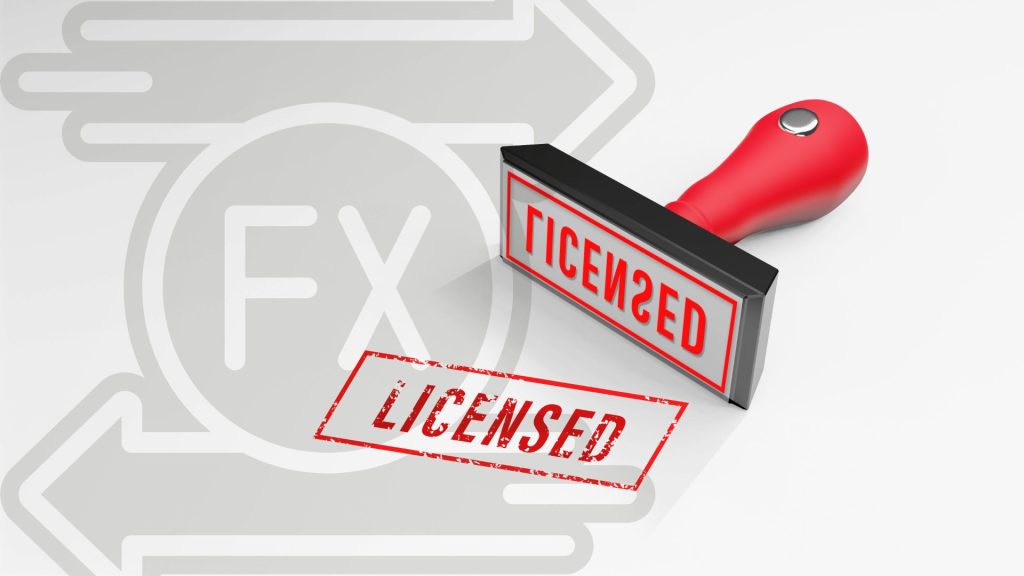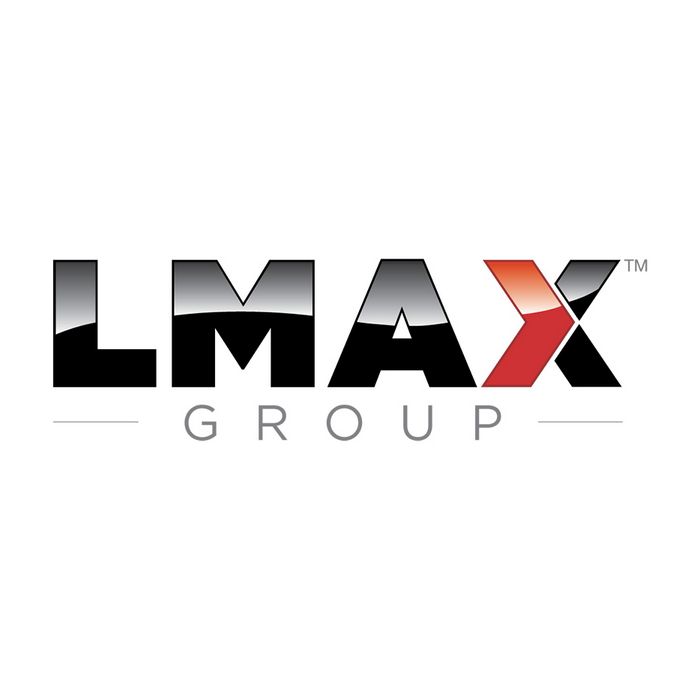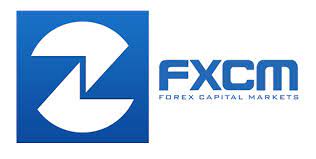
Understanding Key Forex Regulatory Authorities
Forex regulatory authorities maintain the integrity of the global that operates without a centralized governing body. They ensure fair, transparent, and ethical trading practices.
What Are Forex Regulatory Authorities?
Forex regulatory authorities govern the Forex market in their respective jurisdictions. They regulate Forex brokers and ensure they adhere to regulatory standards. These standards include financial stability, compliance with legal requirements, ethical business practices, and customer protection.
Key Forex Regulatory Bodies
The main Forex regulatory bodies in the world are as follows:
United States: CFTC and NFA
The Commodity Futures Trading Commission (CFTC) and the National Futures Association (NFA) regulate the Forex market in the United States. The CFTC supervises the commodities and futures markets, including Forex. The NFA handles the registration and compliance of Forex brokers. The CFTC, NFA, and Dodd-Frank Act ensure that only a few brokers can meet the necessary standards to function in the U.S. market.
United Kingdom: FCA
The Financial Conduct Authority (FCA) regulates Forex brokers in the United Kingdom. It mandates strict compliance and high capital requirements. Market makers need a minimum capital of €730,000, and straight-through processing (STP) brokers need €125,000. Restricted broker licenses for marketing financial products demand at least €50,000. The FCA also emphasizes client fund segregation, transparent risk disclosure, and routine financial reporting.
European Union: Varied Regulations
Forex regulation within the European Union (EU) is diverse. Each member state has its own regulatory body. The Markets in Financial Instruments Directive (MiFID and MiFID 2) seeks to reconcile regulatory standards across the EU. Investor protection is a key feature that offers monetary coverage to a limit for EU citizens in case of a broker’s insolvency.
Australia: ASIC
The Australian Securities and Investments Commission (ASIC) manages Forex brokers in Australia. It has high standards for licensing, including a capital requirement of at least one million dollars. ASIC mandates that customer funds should be in segregated accounts at top-tier banks.
Japan: JFSA
The Japan Financial Services Agency (JFSA) regulates Forex brokers in Japan. It handles licensing, monitoring, and protecting investor interests. The JFSA oversees numerous financial services to ensure firms adhere to strict guidelines. Its active monitoring and enforcement capabilities maintain market integrity, emphasizing dispute resolution between clients and firms.
Why Choose a Regulated Forex Broker?
Choosing a regulated Forex broker brings numerous advantages:
Negative Balance Protection
It ensures that traders cannot lose more money than what is deposited in their accounts. It protects against market volatility and keeps traders from owing money beyond their investment.
Compensation Schemes
In many jurisdictions, regulated brokers contribute to compensation schemes. These schemes can offer traders financial protection up to a certain limit if the broker becomes insolvent.
Segregated Accounts
It ensures that traders’ capital is not used for any other purpose by the broker by keeping clients’ funds in segregated accounts, separate from the broker’s operational funds.
Conclusion
A Forex broker licensed and regulated by reputable authorities is necessary to safeguard your investments. Regulatory bodies ensure the integrity of the Forex market and protect stakeholders.
Become a part of a global network of professionals and improve trading. Find your perfect liquidity partners!
Contact us now and trade efficiently!






